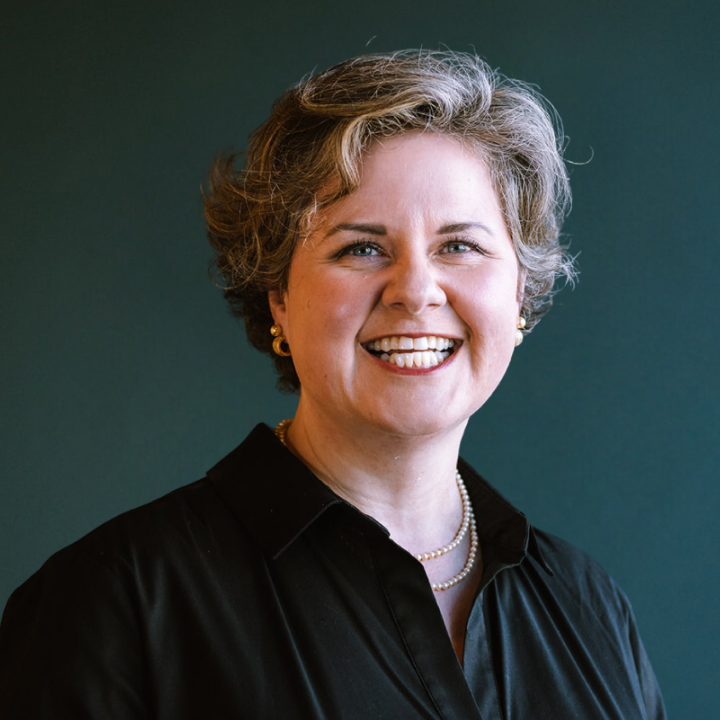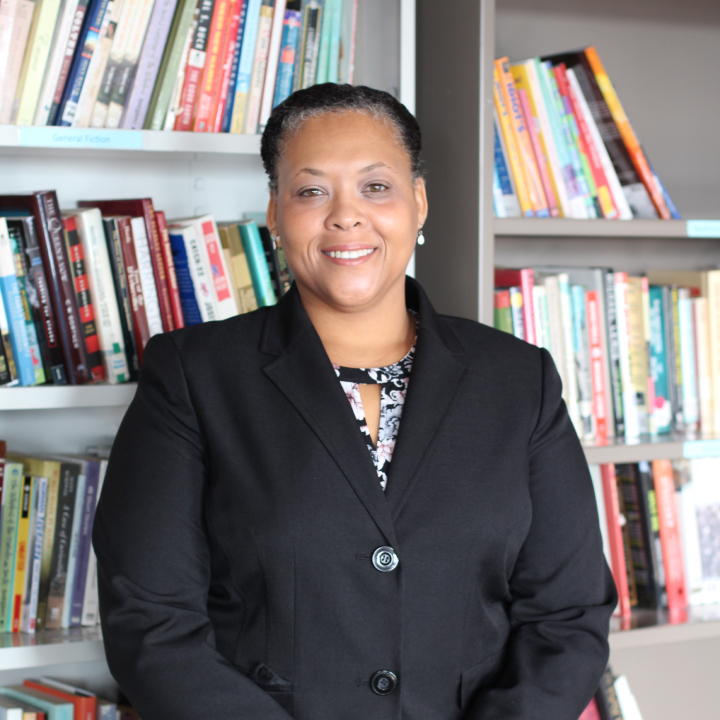If researchers from Michigan State University have their way, the old adage, “You are what you eat” will become, “You are what you know.”
“Knowledge is power,” said Heatherlun S. Uphold, assistant professor in the Charles Stewart Mott Department of Public Health and Department of Translational Neuroscience in the MSU College of Human Medicine. “Our efforts focus on sharing power and information with the communities that we serve so people can make informed decisions.

“Our approach is to level the playing field by making health-related data and information more accessible and locally relevant so people can make better-informed choices,” she added. “New digital tools are leading the way.”
Known as the social determinants of health, there are many factors that determine quality of life, including the conditions in areas where people work, play, live and age; access to education; safe housing; transportation; and nutritious food. Violence, racism and discrimination are also key influencers.
The Health Equity Report Card, or HERC, is one example of a digital tool that can help improve quality of life. It was designed by Uphold and Flint community partners to explain the overall landscape of community health with a special focus on disparities between geographic locations and populations. The HERC is used by community-based organizations, nonprofits, policymakers and local residents who are interested in data specific to Genesee County and the city of Flint.
“The HERC provides vetted data,” Uphold explained. “It can be used to inform grant proposals, provide direction for new initiatives and guide funders who want to reinvest in existing programs or expand their initiatives to address areas where there are high rates of disparity. Even health care providers benefit because the HERC can help them learn about the condition of their community. We are currently expanding this concept to serve people and organizations in other cities.”
Uphold and other MSU researchers in Flint have a unique research process, community engaged research that includes local residents and nonprofit leaders who are close to the studied health concern.
“We do this work with our community partners because we value their input, perspective and lived experiences,” she said.
Among many new solutions being developed by MSU researchers for Flint residents, these digital tools support residents as well as community partners who are organizing support programs. The digital tools are intended to provide information to help people meet their basic needs. Tutorials and training are also available to help residents fully utilize these digital resources.
Athena McKay is executive director of Flint Innovative Solutions, a 501c3 nonprofit organization that provides multiple programs and services to people who live in the Greater Flint area. McKay worked with MSU researchers on the development, launch, and updates for the Flint Eats app.
“Food is medicine,” McKay said. “And Flint is a food desert. It can be hard to find what you need. We worked with MSU researchers to create an app that improves food access by sharing information about where and when food is available and ideas about healthy eating. Data is shared with researchers who can monitor the food that is available in the city. Flint Innovative Solutions also offers workshops to help people know how to use their phones, this app and become digitally literate.
“Better access to food helps extend life expectancy,” she added. “And like the HERC, the app also is expanding to support other communities.
“We’ve found that advances in technology are amazing, however, there is an overwhelming amount of misinformation and fear,” McKay said. “In order to help people, we must combat this. Hearing an elder from our community say he was no longer scared of his phone empowers us to continue to seek funding, initiate and maintain programming and advocate for policy change.”
Learn more about the Health Equity Report Card on MSUToday.
Learn more about Flint Eats
